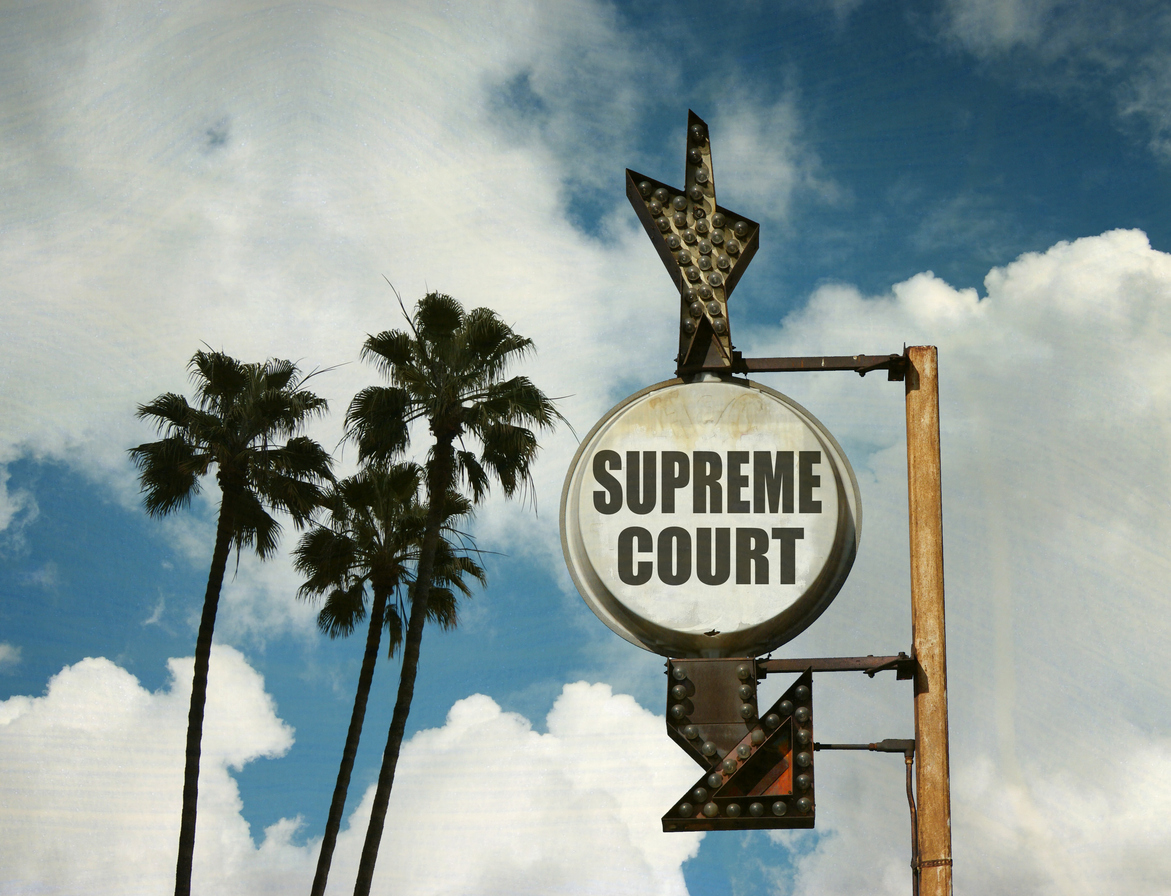The California Supreme Court emphasized that the notice-prejudice rule in first-party insurance contract is a fundamental public policy that can override a choice-of law provision in certain circumstances.
In Pitzer College v. Indian Harbor Insurance Company, Pitzer sought coverage under the policy for environmental contamination and took action to remediate the damage before giving notice to Indian Harbor.1 Pitzer also did not obtain Indian Harbor’s consent as required by the terms of the policy before commencing remediation and incurring remediation costs for nearly $2 million. The policy also provided for an emergency exception to the consent provision allowing Pitzer to conduct remediation “on an emergency basis.” However, Pitzer was still required to notify Indian Harbor “immediately thereafter.” Pitzer did not inform Indian Harbor of the remediation until approximately three months after it completed remediation and six months after it discovered the condition. The choice of law provision designated New York for all matters arising under the policy.
Indian Harbor denied coverage due to Pitzer’s breach of the notice condition and failure to obtain consent before commencing remediation. Pitzer sued Indian Harbor in California state court and the case was removed to federal court. The district court applying New York law ruled in favor of Indian Harbor granting its summary judgment based on Pitzer’s late notice. Pitzer appealed the district court’s decision.
The Ninth Circuit Court of Appeals certified two questions to the California Supreme Court: (1) Is California’s common law notice-prejudice rule a fundamental public policy for the purpose of choice of law analysis? (2) If so, does the notice-prejudice rule apply to the consent provision of the insurance policy in this case?
The California Supreme Court held that “California’s notice-prejudice rule is a fundamental public policy of California . . . . based on the rationale that the essential part of the contract is insurance coverage, not the procedure for determining liability, and that ‘the notice requirement serves to protect insurers from prejudice, … not … to shield them from their contractual obligations’ through ‘a technical escape-hatch.’” The court stated that (1) the notice-prejudice rule cannot be contractually waived, (2) it protects insureds against inequitable results that are generated by insurers’ superior bargaining power, and (3) promotes objectives that are in the general public’s interest because it protects the public from bearing the costs of harm that an insurance policy purports to cover.
Next, the court considered whether the notice-prejudice rule should be extended to a consent provision in the context of first party coverage. It held that “California’s notice-prejudice rule is applicable to a consent provision in a first party policy where coverage does not depend on the existence of a third-party claim or potential claim.” In the context of third-party coverage, which usually contain a “no voluntary payment” condition, the supreme court reiterated the right to control the defense and settlement of claims is a paramount right of the insurer which is entitled to protect.
Because Pitzer and Indian Harbor disagreed as to whether the policy provided a first or third-party coverage, the California Supreme Court left the specific question of whether the notice-prejudice rule applies to the consent provision in the policy to the Ninth Circuit.
This decision is important because it emphasizes California’s common law rule that absent a showing of substantial prejudice by the insurer, policyholders may proceed with their claims despite allegations of late notice. It further extended the prejudice condition, requiring the first-party insurer to show prejudice before denying coverage under policy’s consent provision, which commonly requires the policyholder to obtain the insurance carrier’s written consent before incurring costs and expenses.
________________________________
1 Pitzer College v. Indian Harbor Ins. Co., No. S239510, 2019 WL 4065521 (Cal. Aug. 29, 2019).




